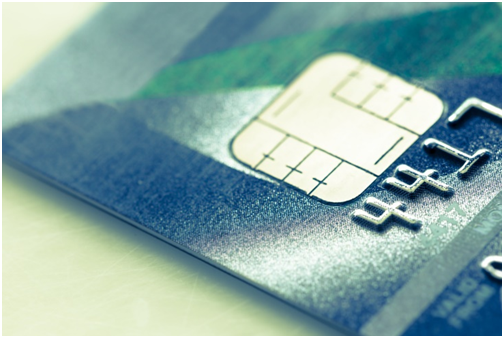When you’re setting up your own business, the odds are that you’ve created a business plan to ensure you’ve considered every alternative, from labor costs to advertising. You’ve likely compared multiple vendors to secure the most favorable rates and fastidiously researched your targeted customer base, as well as ascertained whether the market would be receptive to your goods and services or not. However, did you put an equal amount of effort into opening your business account?

Most business owners simply default to their current banking institution. Arguably, continuing to work with a bank you already have a relationship with offers a distinct advantage. You may be able to bypass several hoops that new customers have to jump through, and you’ll already be familiar with local branches and the website. Just because you’ve had a positive experience with your bank concerning your personal finances, that may not necessarily be an indication it’s the ideal option for your business account.
Merchant accounts vary widely, so you’ll need to invest some time to understand the different fees and benefits banks offer to small businesses. Electing to stay with your bank for the sake of convenience could cost you over the long term, and you could potentially miss out on opportunities for reward programs or lower rates. Some banks may not offer all the services that merchants require, so you’ll need to work with other companies for help with point of sale capabilities and payment processing.
Some healthy competition in the merchant banking business can definitely work to your advantage. While you ultimately want to end up with the solution that makes the business transactions seamless for your customers, it’s essential for you to engage with a bank that treats you like a valued customer as well. Not only should your bank partner be with you to help you succeed by offering perks like favorable payment processing rates and credit cards with no annual fees, but they should also have programs and tools to help you manage your money.
Even after you’ve put in the effort to find a bank that caters to small businesses and looks to be a promising fit, the nature of your business could be a deciding factor in the end. Despite having the potential to build a financially stable and thriving business, some banking institutions may shy away from certain applicants because of the industry they represent.
More specifically, businesses that are affiliated with adult entertainment tend to run into roadblocks when they attempt to establish relationships with more conventional banks. Although these are still legitimate businesses, working with companies in this field runs counter to the Code of Conduct and policies of many mainstream banks. Rather than running the risk of jeopardizing their hard-fought brand image, most banks will refuse to allow these businesses to set up merchant accounts.
If your business falls into this category, there are financial institutions that will work with you to set up adult merchant accounts. Like your preliminary research with banks, you’ll need to shop around to ensure these organizations can accommodate your needs with reasonable terms. If you’re struggling to find a good fit, don’t give up and settle for just any payment processing company. You’ve put your heart and soul into your business, and likely made a substantial financial investment as well. You want to be sure you don’t fall victim to predatory rates or lackluster service.

